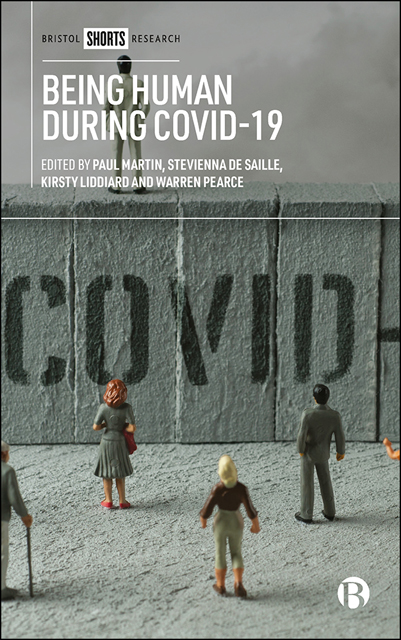fifteen - (Genome) Editing Future Societies
Published online by Cambridge University Press: 13 October 2022
Summary
Marginalized communities (including those who are low-income and those who come from historically disadvantaged communities of colour) are often unable to access the benefits of science and technology, yet may be disproportionately subject to the harms.
Shobita ParthasarathyThe global COVID-19 pandemic is relevant for gene editing primarily because of what the pandemic reveals about the politics of technology. Technologies, in their design, their function, the systems through which they are distributed and made available, owned, controlled, and regulated, are never neutral. They impact different people, and different groups in society, differently. The distribution of benefits and harms from technologies often, though not inevitably, mirrors existing patterns of inequality and vulnerability.
The social determinants of health are well known in public health, if often neglected in health policy. However, coronavirus can be thought of as a ‘vulnerability multiplier’. People already living precarious existences, whether because of poverty, discrimination, pre-existing illnesses, or intersectional combinations of these and other factors, are more likely to be exposed to COVID-19, to suffer worse outcomes when they contract the disease, and to have a harder time dealing with precautionary measures such as social distancing, even when they do not contract the virus.
Importantly, the inequality-exacerbating effects of the pandemic are not limited to the virus itself, but extend to the various technologies deployed to manage, treat or protect people, from masks and PPE, to Remdesivir and other drugs that manage symptoms of COVID-19 infection, and of course, the COVID-19 vaccines. Historically disadvantaged communities, such as African-Americans in the US, may be further disadvantaged by limited and inadequate access to the vaccination programme and uncertainty about trustworthy sources of vaccine safety information (Dembowsky, 2021). In the UK, it has been reported that concerns raised by BAME NHS staff about inadequate and unsafe PPE were ignored by the management at some hospitals (Harewood, 2021).
Access and fairness issues manifest at the global scale as well. Access to Remdesivir has been beset by high prices and uneven access within and between countries (Boodman and Ross, 2020).The current distribution of doses of the major COVID-19 vaccines has been massively skewed in favour of the world’s richer nations, which have received an estimated 86% of all COVID-19 vaccine produced to date (Collins and Holder, 2021).
- Type
- Chapter
- Information
- Being Human during COVID-19 , pp. 124 - 131Publisher: Bristol University PressPrint publication year: 2022



